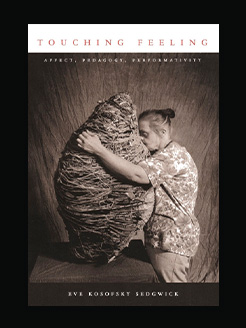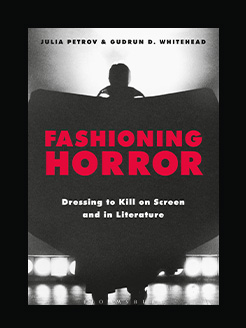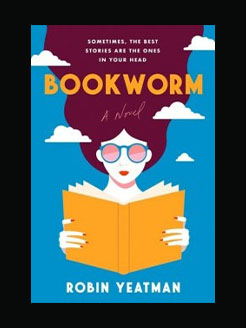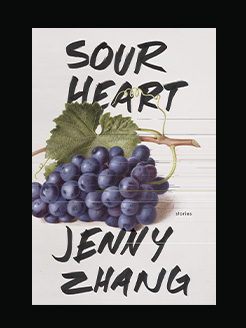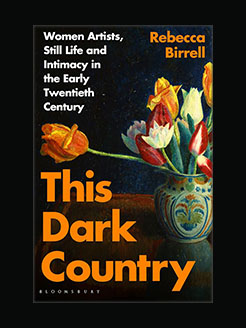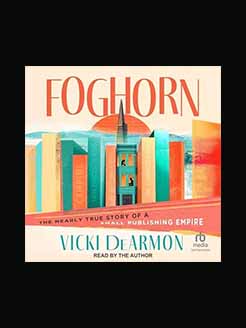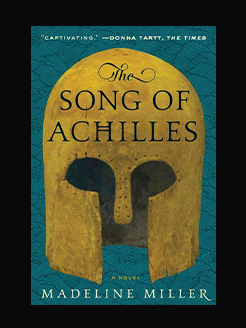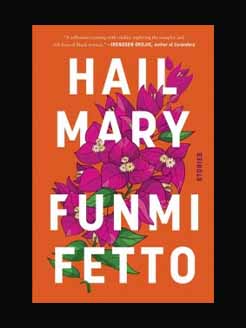Published in 1999
368 pages
Karen Robertson is Adjunct Associate Professor of English and Women’s Studies at Vassar College. She co-edited a previous collection of feminist essays, Sexuality and Politics in Renaissance Drama (1991), as well as an edition of an early revenge play, John Pikering’s Horestes (1996).
Susan Frye is Associate Professor of English and Women’s Studies at the University of Wyoming. She is the author of Elizabeth I: The Competition for Representation (1993) and is now working on a new book, Women’s Work and Women’s Writing.
What is this book about?
This new collection of sixteen essays considers evidence for the varied forms of women’s alliances in early modern England. It shows how women, prohibited from direct participation in the institutional structures that shaped the lives of men, constructed informal connections with other females for purposes of survival, advancement, and creativity. The essays presented here consider a variety of communities–formed among groups as diverse as serving women, vagrants, aristocrats, and authors–in order to study the historical traces of women’s connections.
“Alliance”–as understood by the essayists in this volume–does not preclude competition or antagonism, since the bonds among women were frequently determined by an opposition to other women. As shown here, the theorizing of women’s connections, and the recovery of the historical evidence for these connections, can only add to our understanding of women’s activities in early modern English society.
Maids and Mistresses, Cousins and Queens is divided into four sections. The first two, “Alliances in the City” and “Alliances in the Household,” examine the circumstances of women’s communities in two primary sites for women of this place and time. The second two, “Materializing Communities” and “Emerging Alliances,” fully study the aspirations that guided and transformed the courses of women’s lives. All of these interdisciplinary essays, deftly combining literary and historical methods and materials, are informed by feminism, queer theory, and studies of class and race in the early modern period.
